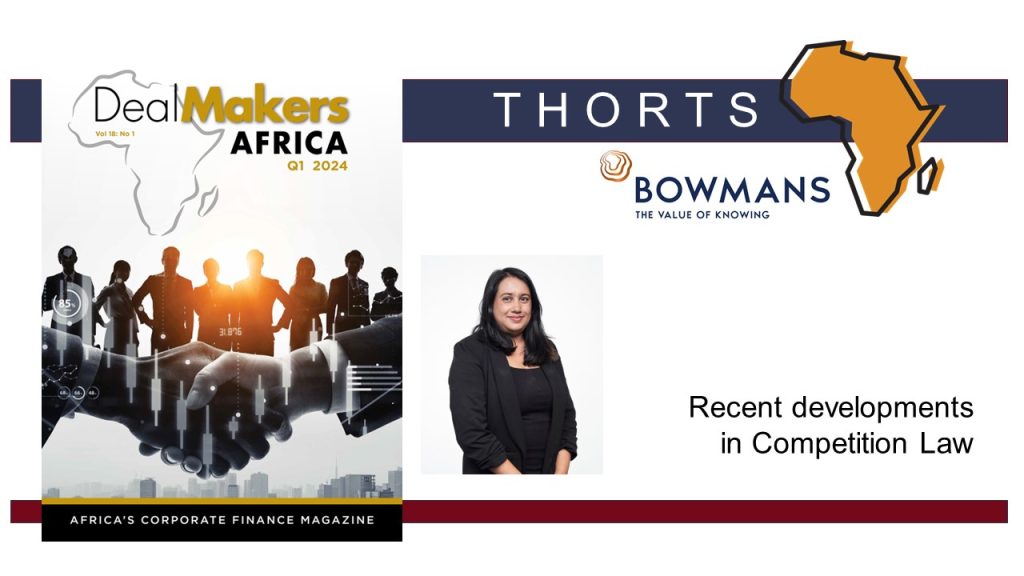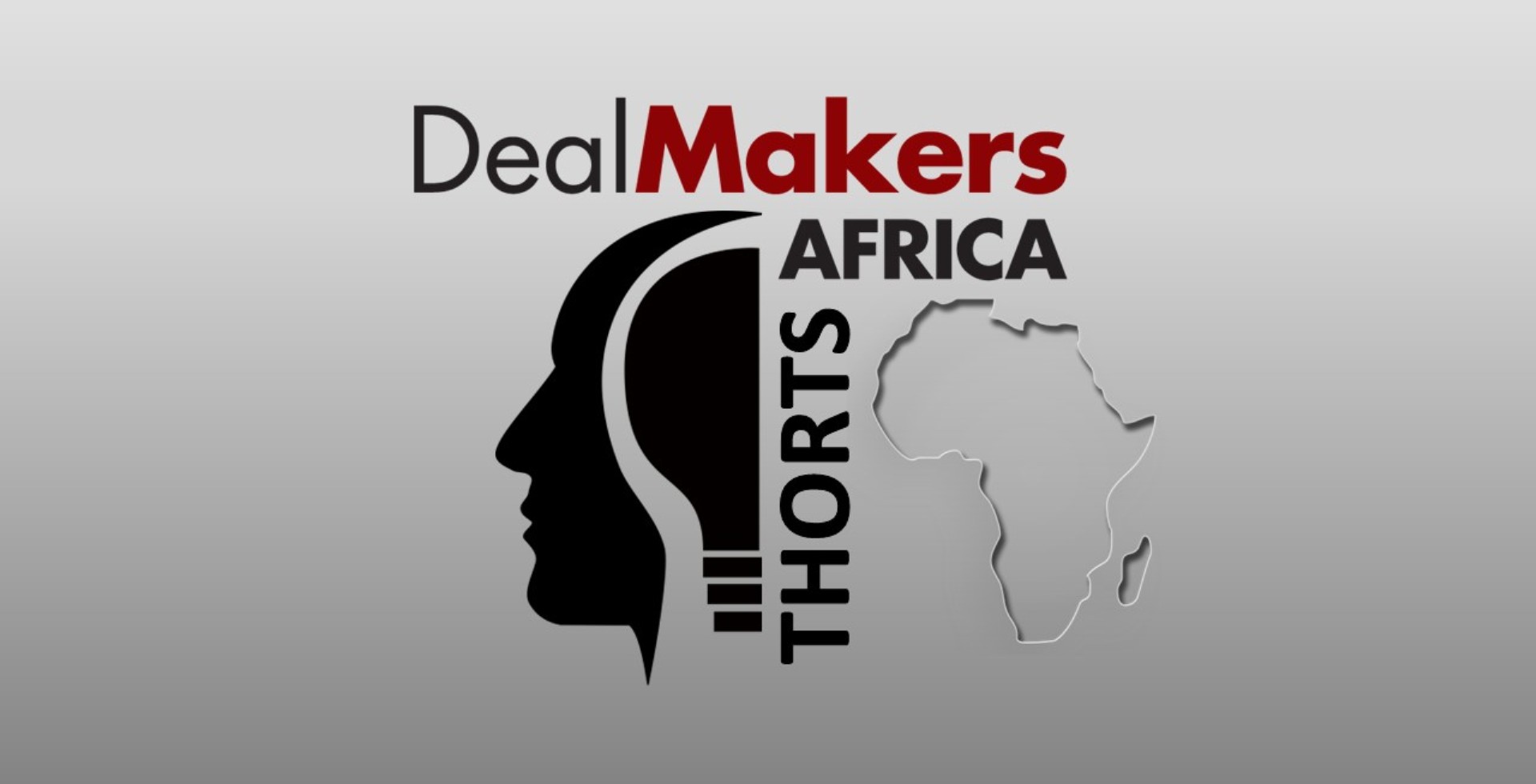There has been a dynamic transformation in Africa’s competition law landscape, characterised by a concerted effort to adopt and modernise competition regulation, enhance enforcement mechanisms, and foster greater cooperation for regional integration.
ADOPTING AND MODERNISING COMPETITION LAW
Competition law enforcement across Africa continues to evolve as new regulation is introduced and existing rules are tightened. Notable recent highlights include:
• The AfCFTA Competition Protocol was adopted in February 2023. The Protocol provides for the establishment of a continental competition regulator, and adopts a hard law approach to competition law enforcement.
• Dedicated competition legislation was introduced in Lesotho during 2022, and in Uganda early in 2024.
• Amendments to existing competition legislation in the Economic and Monetary Community of Central Africa, Egypt, Morocco and Zambia were adopted, and material amendments are proposed for the competition law regimes in the Common Market for Eastern and Southern Africa (COMESA); the East African Community (EAC) and Tanzania. It is also proposed that the Competition Act in various countries, including in eSwatini, Malawi, Namibia and Zimbabwe, be repealed. A draft Competition Bill for each of these countries is at various stages of assent.
• Plans are afoot to operationalise the Burundi Competition and Consumer Protection Commission, the National Competition Commission of Comoros, and the Competition Commission of the Democratic Republic of Congo. It is also envisaged that the EAC Competition Commission will soon adopt an ex-ante merger control regime and become fully operational in respect of all areas of competition law enforcement.
ENFORCEMENT
• The Egyptian Competition Authority (ECA) recently issued a statement detailing its enforcement activities, which spanned horizontal and vertical restraints, merger control, and abuse of dominance. The ECA explained that it filed a criminal case against four egg brokers for alleged collusion; proved tender collusion against a number of companies supplying electric poles and iron pipes used in the manufacture of equipment to generate electricity; proved collusive price increases in relation to textbook distribution; and proved tender collusion against two suppliers of auto parts to the Public Transport Authority in Cairo. The ECA also proved abuse of dominance by two schools that entered into exclusive agreements relating to the purchase of school uniforms.
• Front of mind in South Africa has been the approach by the Competition Commission of South Africa (CCSA) to the assessment of the public interest factors under the merger control provisions in the Competition Act, 89 of 1998 as amended (Act). Early in 2024, the CCSA published Revised Public Interest Guidelines in Merger Control, which adopt the perspective that there is a positive obligation on all merging parties to promote a greater spread of ownership by historically disadvantaged persons and workers. Various stakeholders have submitted comments, and we are likely to see revised guidelines later this year. From a behavioural perspective, the CCSA implemented its wider investigation powers under the Competition Amendment Act, 2018, particularly in the field of market inquiries. Notably, some 45% of all market inquiries conducted by the CCSA since 2006 were launched and/or concluded during 2023 and 2024.
• 2023 marked a decade of competition law enforcement in the COMESA region, with the COMESA Competition Commission reporting that, over this period, it had reviewed and taken decisions on some 360 merger transactions; investigated more than 40 cases of restrictive trade practices; conducted more than 12 market studies and market screening exercises; fined three businesses for non-compliance with the merger control aspects of the COMESA Competition Regulations; concluded 14 Memorandums of Understanding (MOUs) with member states; and provided capacity building and technical assistance to competition regulators and government institutions in 19 of its 21 member states.
Moreover, the Commission recently fined football marketing firms US$300,000 each for allegedly engaging in an anti-competitive business practice, and commenced investigations against American Tower Corporation and Airtel Africa for alleged anti-competitive behaviour. The Commission’s investigations into the pricing of COVID-19 PCR testing kits by various pathology firms and alleged territorial restrictions and retail price maintenance by Toyota Tsusho Corporation remain ongoing.
• In Kenya, the Competition Authority of Kenya (CAK) fined a leading retailer in Kenya KES1 billion (~US$7,6 million) for alleged abuse of buyer power, and also fined nine steel manufacturers KES338 million (~US$2.5 million) for alleged price fixing and output restrictions – these are the highest penalties yet to be imposed by the CAK.
• In Mauritius, enforcement remains a key priority of the Competition Commission (CCM), and several investigations were launched during the year. The CCM fined six producers of deer/venison for alleged collusive conduct, and conducted several market studies.
• In Namibia, the Namibian Competition Commission (NaCC) concluded settlement agreements with five pharmaceutical companies after investigating price fixing among the firms under the auspices of an industry association. The NaCC is also investigating firms in the poultry industry for alleged abuse of dominance.
• In Zambia, the Competition and Consumer Protection Commission fined roofing companies 8.5% of their annual turnover for allegedly sharing pricing information and coordinating on simultaneous price increases for the provision of roof sheeting via WeChat.
• The Zimbabwe Competition and Tariff Commission issued record-breaking fines for the prior implementation of notifiable mergers.
ENHANCED COOPERATION AND REGIONAL INTEGRATION
The COMESA Competition Commission has previously embarked on several initiatives to enhance cooperation and coordination among competition regulators in member states. The Commission hosted workshops and capacity building training with, among others, the Burundi Competition Commission; the National Competition Commission of Comoros; the Competition Commission of the Democratic Republic of Congo; the Ethiopian Ministry of Trade; and the Malawi Competition and Fair Trading Commission.
The Commission also revised existing MOUs with, among others, the Competition Authority of Kenya and the Zambia Competition Commission, indicating that revisions were necessary to deepen collaboration and facilitate a greater exchange of information.
It also signed an MOU with the Eurasian Economic Commission. The two institutions intend to cooperate in the exchange of non-confidential information, experiences and best practices in competition case investigations and research.
Nazeera Mia is a Knowledge and Learning Lawyer: Competition | Bowmans

This article first appeared in DealMakers AFRICA, the continent’s quarterly M&A publication.
DealMakers AFRICA is a quarterly M&A publication
www.dealmakersafrica.com



